1184 BC Troy, History: This is the traditional date for the Greek infiltration of Troy and its subsequent destruction. The Iliad remains a remarkable book, the more so for its theme that the poet is greater than the warrior for without the poet, the exploits of the warrior would fade. We spent half-a-day tramping around the site. It was easy to see why the city on the hill dominated the vast plains around it.
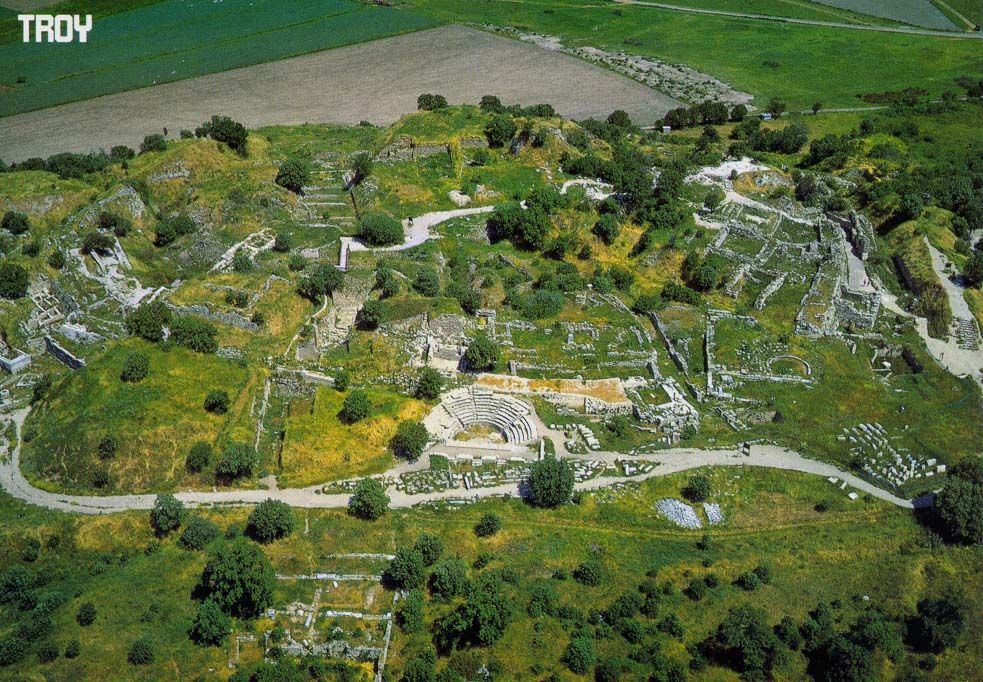
1066 Hastings, History: The first recorded sighting of Halley’s Comet in England. Both the Normans and the English took it as an omen. It was bad for Harold and good for William, as it turned out. Only when Edmond Halley established the regularity of the Comet and worked back through historical records was this sighting linked to the eponymous comet.
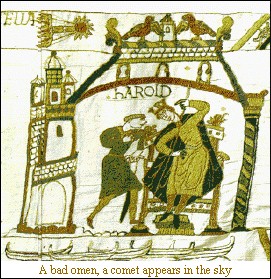
1800 D.C., Education: Second President John Adams approved a Congressional appropriation to purchase “such books as may be necessary for the use of congress.” The first purchases were 740 volumes and three maps. One of its three buildings is named for President Adams. From this seed grew The Library of Congress, which I have visited several times to use the reading room and the vast collection. An anecdote about one visit is to be found on this blog dated 15 March 2010. Click away for amusement.
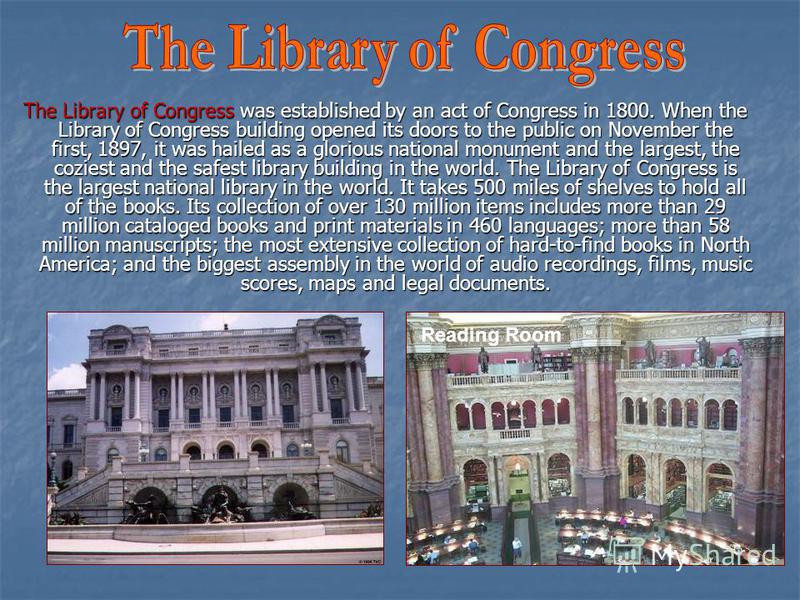
1955 Bandung (Indonesia), Politics: The Afro-Asian Conference ended. It had brought together representatives of twenty-nine non-aligned nations to discuss world events outside the context of Cold War which otherwise dominated international relations. Colonialism, trade barrier, racism, international finance, freedom of the seas, and a numbing litany of condemnations of the USA and USSR filled the agenda. Accordingly, These neutrals were viewed by both the USSR and the USA as enemies. Both were stimulated by the oddity of the People’s Republic of China in attendance as non-aligned. How many leaders can you identify in the picture below. Answers on application.
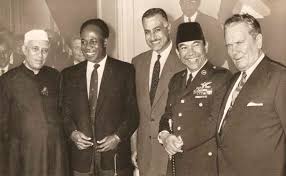
1990 Cape Canaveral (FL), Science: The Space Shuttle Discovery launched the Hubble Space Telescope into a low Earth orbit.It is the most significant advance in astronomy since Galileo’s telescope four hundred years earlier. Below is one of Hubble’s first shots, and it is still snapping away.
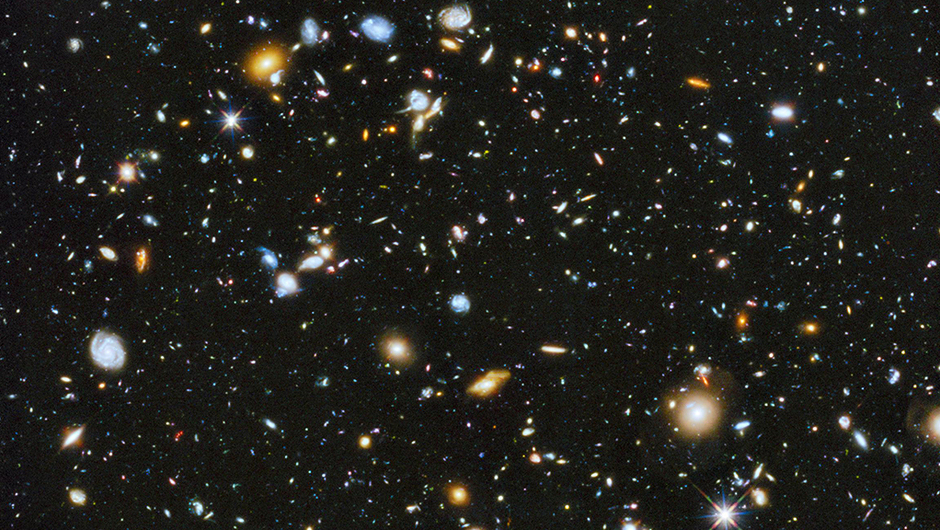
Skip to content
